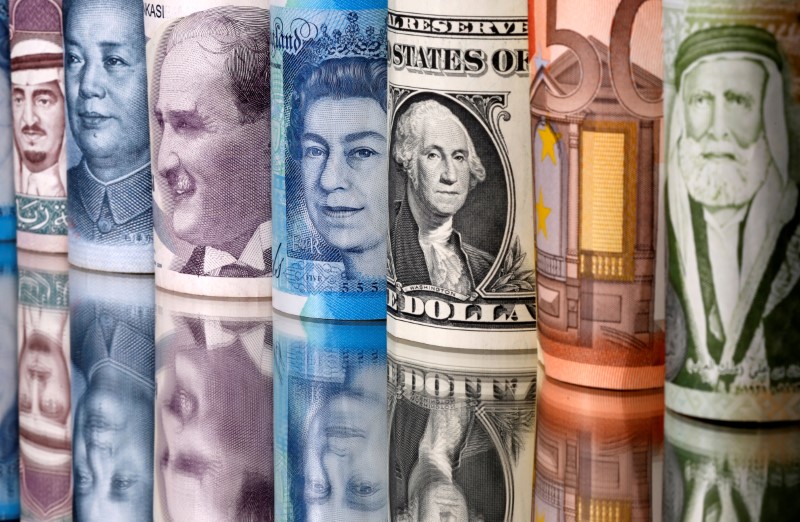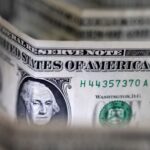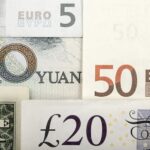The financial markets are adjusting to the likelihood of the Bank of Japan (BOJ) raising interest rates sooner and to higher levels than previously anticipated, due to hawkish signals from the central bank and persistent inflation.
According to Reuters, this shift in expectations has led to a significant increase in Japanese bond yields, reaching levels not seen since 2010 for the benchmark 10-year yield and since 2008 for the five-year yield.
Mitsubishi UFJ (NYSE: MUFG) Morgan Stanley (NYSE: MS) Securities has revised its forecast, now expecting the BOJ to raise its interest rates to 0.75% in July, up from the current 0.5%, and not in the previously projected October-December timeframe. The firm also anticipates a subsequent rate hike to 1.0% by January 2026, earlier than its initial expectation of the final quarter of that year. These revisions come amid signs that inflationary pressures are likely to persist.
The Japanese government’s solid gross domestic product (GDP) data for October-December, coupled with recent strong inflation figures, have contributed to a stronger yen and higher bond yields, reinforcing the anticipation of an imminent rate increase. Markets are keenly awaiting a speech and news conference by BOJ board member Hajime Takata on Wednesday for further insights into the central bank’s rate hike strategy.
In January, the BOJ raised short-term rates to 0.5% and indicated its readiness for further hikes, signaling confidence in the economy’s progress towards sustainably achieving its 2% inflation target.
A recent quarterly report from the BOJ discussed how chronic labor shortages are leading to wage-driven inflation, supporting the case for additional rate increases. BOJ Deputy Governor Ryozo Himino and board member Naoki Tamura have also expressed views that real interest rates should not remain negative for an extended period, with Tamura suggesting rates should reach at least 1% by early 2026.
Former BOJ board member Makoto Sakurai expects the BOJ to raise rates to at least 1.5% within the next two years. The International Monetary Fund (IMF) estimates Japan’s neutral rate, at which policy neither slows nor stimulates growth, to be between 1% and 2%, and anticipates the BOJ to raise rates to around the mid-point of 1.5% by the end of 2027.
U.S. President Donald Trump’s focus on trade imbalances could indirectly support BOJ rate hikes, as it may diminish the Japanese government’s traditional resistance to a stronger yen and higher rates. U.S. Treasury Secretary Scott Bessent’s recent statement on scrutinizing currency manipulation as part of tariff policy considerations could also influence Japan’s stance on its currency value and interest rates.




